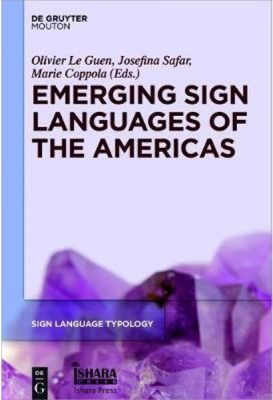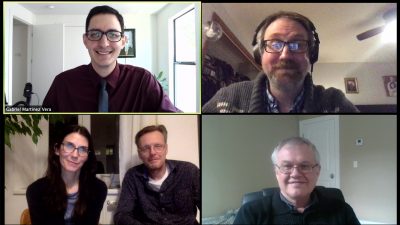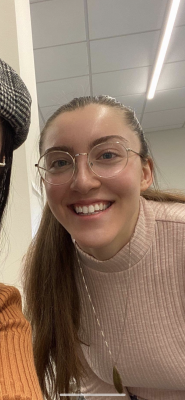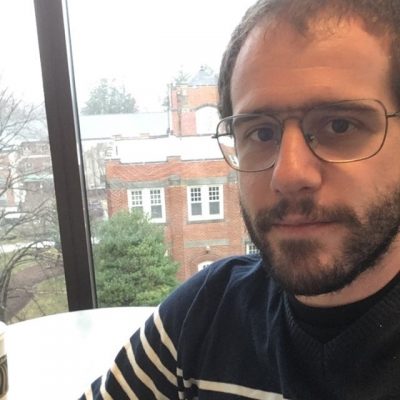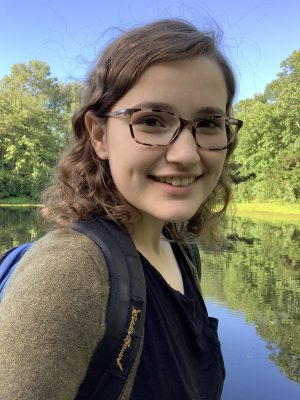The 45th Annual Boston University Conference on Language Development (BUCLD45) is being held virtually from 5th-8th November 2020. UConn linguistics will be represented …
… with talks by:
- Shuyan Wang. Universal free choice inferences of dou-constructions in child Mandarin.
- Emma Nguyen. Can “blick” be passivized? Depends on its meaning: A novel-verb study with English-speaking children.
- Lyn Tieu (PhD 2013, now at Western Sydney University) and Nichola Shelton. The Comparative-Superlative Generalization in child language.
… and a poster presentations by:
- Cory Bill, Elena Pagliarini, Jacopo Romoli, Lyn Tieu, and Stephen Crain. Children’s interpretations of every … some sentences.
